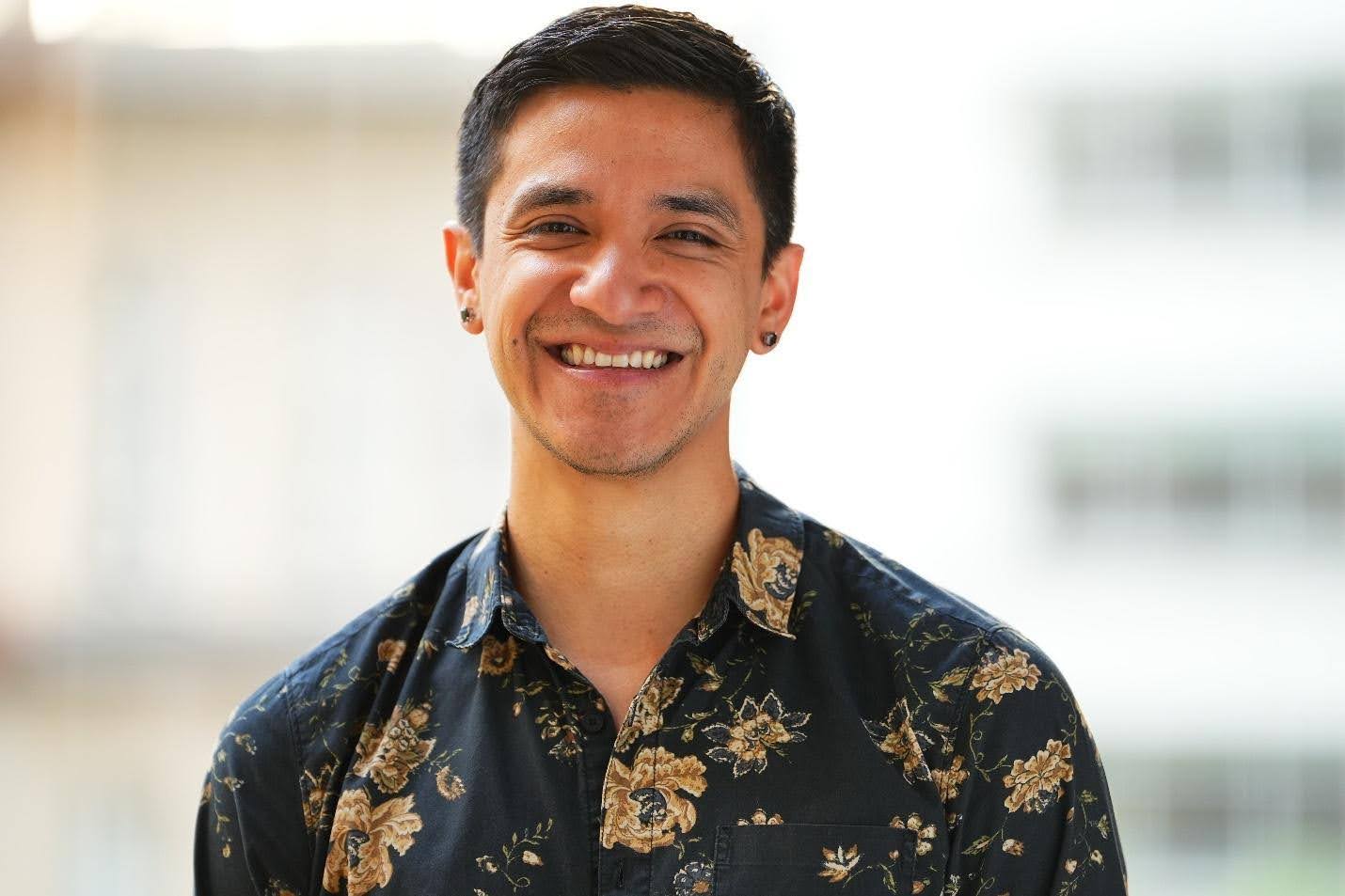Articles
What we’re contemplating, doing, and reading.
Embracing My Beginner’s Mind with Compassion
I’m feeling like a beginner a lot these days. I’m new to the Compassion Institute (CI), having joined the staff in mid-June as the Health team’s program manager. In this role, I’ve been learning so much about contemplative practices, mindfulness, and medical education for the first time. I’ve also just moved to California’s Central Coast after more than a decade on the East Coast.
“Beginner’s mind” — a concept that was introduced to me in conversations with CI team members — is a way of looking at situations with fewer judgments about the way things should be. A beginner’s mind is one that is open to possibilities, instead of closed by convictions. I do not know all the ins and outs of my new organization, yet, nor all the pressing issues of medical education. I still have a lot to learn about health care burnout issues, as well as the intricacies of compassion and how to cultivate more of it. But this newness can be an asset.
Attending the Compassion in Medical Education (C-MEd) Forum hosted by our partner UC San Diego T. Denny Sanford Institute for Empathy and Compassion gave me a chance to lean into my beginner’s mind and reflect on compassion in medical education and the health system in general. Below are a few observations and reflections after attending the two-day event.
Med School Sounds Tough
The pressures that medical students endure on their way to becoming physicians honestly sounds like my idea of a nightmare. Aside from the usual stressors of trying to learn new material, there are constant evaluations and demanding, time-sensitive situations that medical students have to face. Additionally, having to achieve and compete within these contexts can sometimes suppress the compassion and empathy that they bring to the start of their medical education (and that are innate in each of us).
It was really heartening, however, to see so many high-ranking officials from UC San Diego and other medical schools give up valuable time in their packed schedules to discuss ways to increase compassion and empathy in medical education. I believe this demonstrates a commitment from decision-makers and others with influence and power to begin reforming the medical education system for future and current students. More work needs to be done to engage more institutions — as well as to demonstrate the tremendous benefits of cultivating compassion — but a lot of smart people are working to integrate these concepts into medical education curricula.
Advocating for More Compassionate Systems
It’s clear that providers and medical students need tools to cultivate and support their self-compassion and compassion practices. My previous work in community health has shown me that health equity advocates — community health workers, activists working in reproductive justice, people doing HIV prevention education and testing — can also benefit from such skills to reduce burnout and increase satisfaction in their sphere of the health system. I’d love to see compassion-focused organizations embrace both sides of this equation with the shared goal of improving health outcomes for our most vulnerable communities.
In many ways, we, as a society, are asking providers and health equity advocates to do monumental things within systems that are lacking compassion. Various pressures, often financial, can make providing compassionate and appropriate care challenging.
In my opinion, people invested in a compassionate health system should strategize about how they can advocate for more compassionate systems in the United States and globally. Fewer professions in the world are more respected than physicians, nurses, and other health providers. A groundswell of these professionals advocating for system-wide changes is, itself, compassionate action — and it could go a long way in codifying compassionate principles on the societal level.
Using Stories to Change Minds
Researchers are doing tremendous research on the impact of compassion and empathy in medical education and in health care overall. And the data/science behind compassion is necessary to get more institutions onboard with integrating compassion training into their medical schools. That data can also encourage clinics and health organizations to support their staff’s training in compassion cultivation.
One thing that I feel gets missed from some of the conversations around the science of compassion is how compassion training can improve a person’s life, both inside and outside of work. What does it feel like to cultivate greater compassion in one’s life? Do they have better relationships with their partners, families, and colleagues? Are they more confident and fulfilled parents, providers, and/or students?
Though quantitative, hard research is necessary to get any institution onboard with integrating compassion training into their curricula or organizational culture, the qualitative, human-interest narratives might ultimately be what convinces decision-makers to invest the time and resources in compassion training. Stories are how hearts are changed. And sharing how compassion cultivation trainings have improved a person’s lived experience is key.
Self-Compassion & Gratitude for My Beginner’s Mind
I am learning a lot about compassion in my new role, and one of my favorite concepts is that of self-compassion. When we step outside of ourselves for a moment and see ourselves as we might see another person — as a good friend, perhaps, or even just a human being in the larger world of other beings — we can begin to cultivate a gentler, more compassionate stance toward ourselves. Gratitude for the beginner’s mind feels to me like an extension of self-compassion. It has given me the confidence to observe and reflect, and an excitement about figuring out where my skills and experiences can best be utilized to further our organization’s mission.
Click here to see any upcoming Health compassion trainings or programs.


